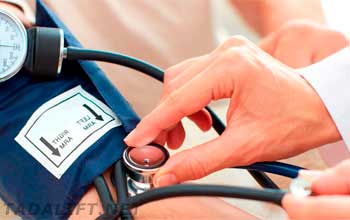Medical examinations allow you to make an assessment of your health condition from time to time. Also, in this way you can quickly identify problems that may remain dormant with a potential to turn into something very serious. Annual health checkups have long become a matter of traditional practice, remaining an effective preventive healthcare measure.
Different Tests for Different Ages
According to a man’s age, various aspects of his health are to be monitored, falling into several categories of medical tests applicable at 30, 40 and 50.
30 years of age
- Screening for hepatitis B, C and HIV once a year (if you think you are at risk).
- Self-examination of the skin two to three times a year to identify possible changes of moles and new growths, to prevent skin cancer. People at risk (e.g. outdoor workers) should have their moles examined once a year by a dermatologist.
40 years of age
- Measurement of cholesterol and blood glucose blood levels every two or three years to detect type 2 diabetes in time.
- Screening for hypertension with a blood pressure monitor at the cardiologist’s office at least once a year.
- Screening for glaucoma starting at age 45 and every 1 or 2 years in what follows.
50 years of age
- Screening for colorectal cancer every 2 years for timely detection. The examination consists of a multiphasic fecal occult blood test to detect the presence of blood in the stool or a colonoscopy at the request of your doctor.
- Screening for age-related macular degeneration (AMD) and other visual disorders by an ophthalmologist every 2 years starting at age 50.
- Checkup for risk factors for osteoporosis. This condition is responsible for more than 80% of fractures in people over 50, including hip fractures, which can lead to significant loss of bone mass.
- Screening for prostate cancer via a blood test every year to estimate the concentration of prostate-specific antigen, and a digital rectal examination.
STBBI
Tests for sexually transmitted or blood-borne infection are a must if you feel there is a possible risk of contracting these kinds of bacteria or viruses through sexual contacts.
Screening begins with a doctor’s questionnaire aimed to assess your risk factors: the number of partners, whether or not you have protected sex, whether any of your partners have been a sex worker etc. After this, a complete medical checkup is carried out, including, an examination of the man’s genitals and screening tests with taking samples of blood, urine, genital swabs and also anal scraping, if appropriate for the suspected STBBIs.


